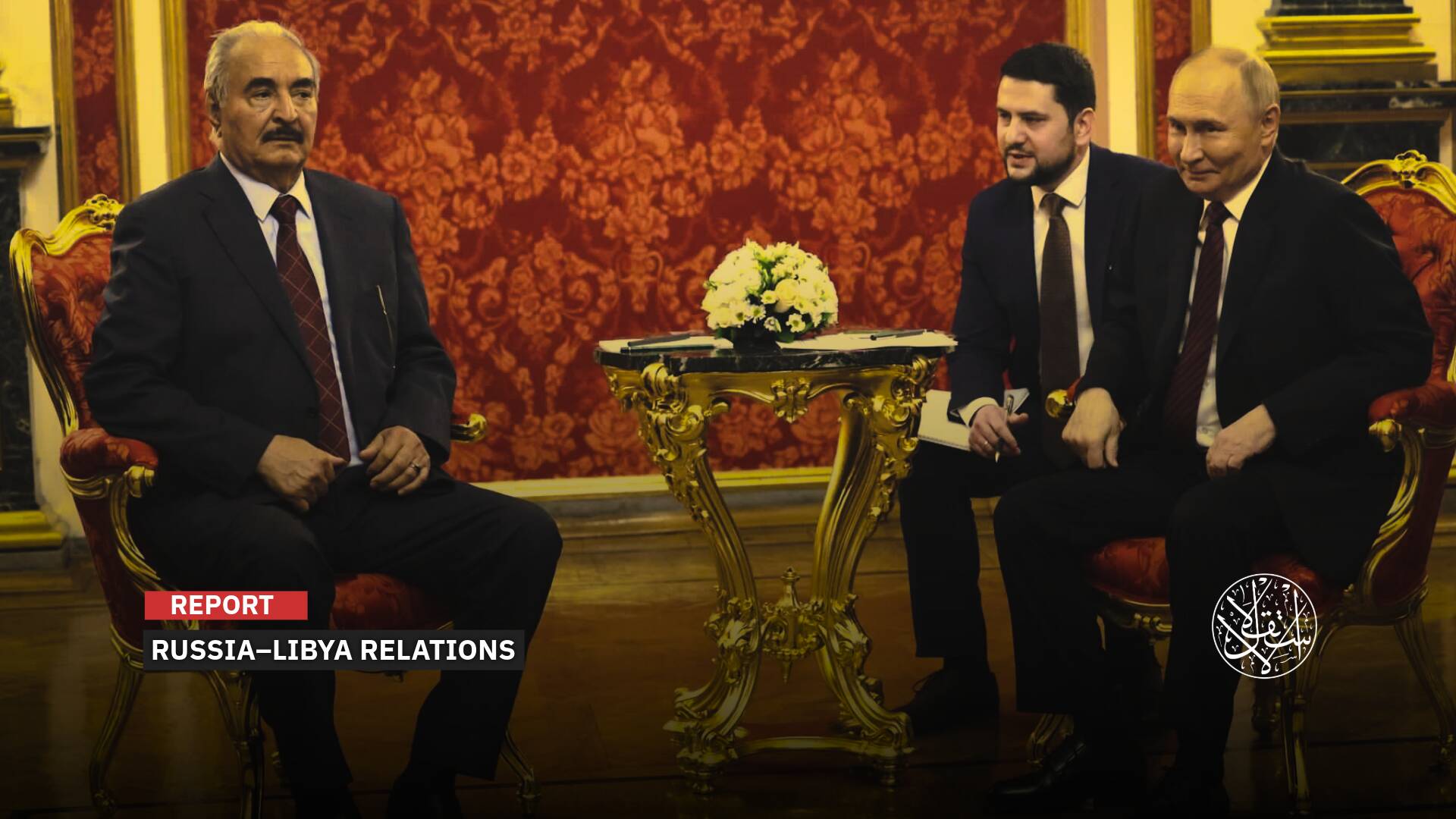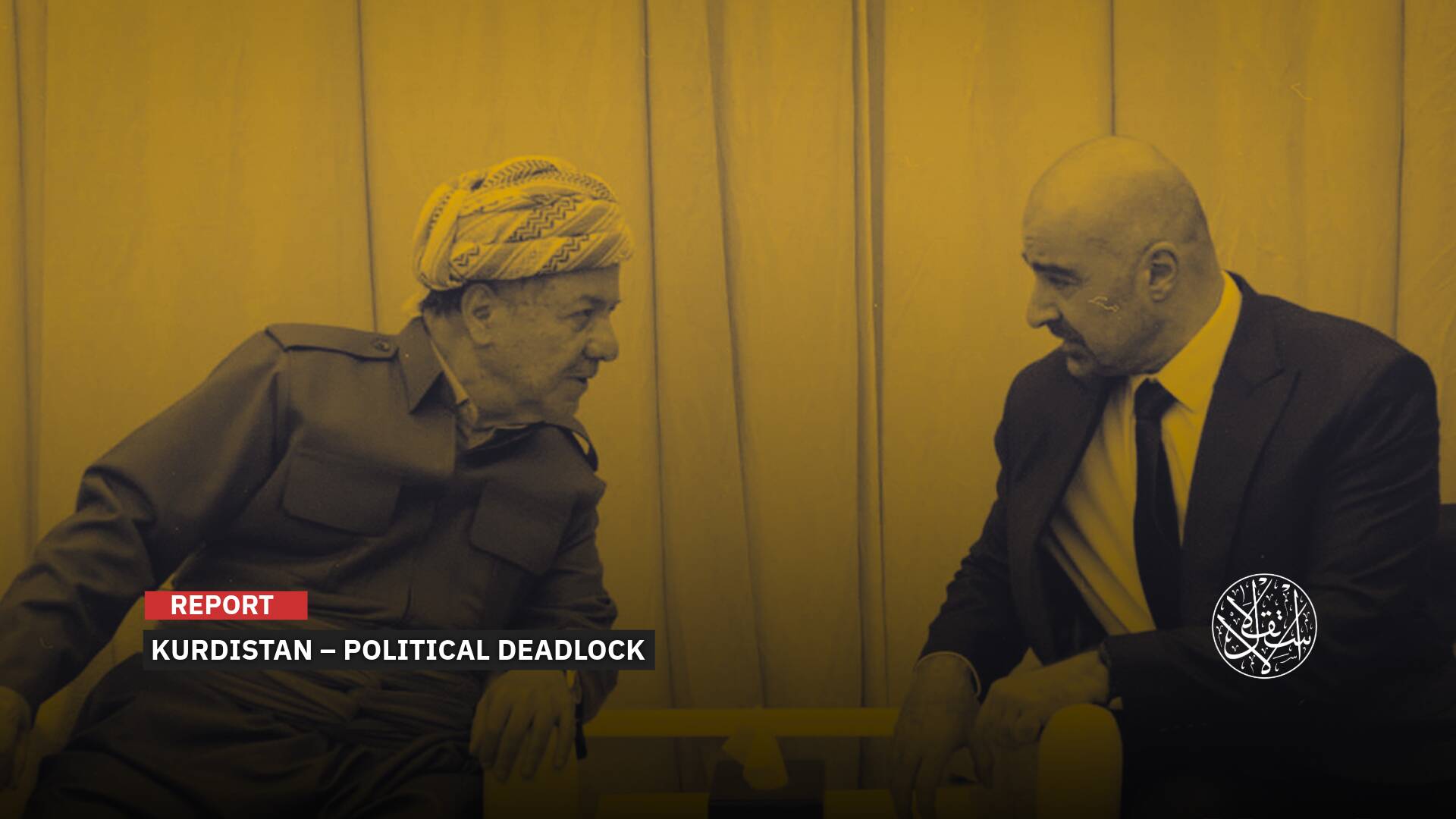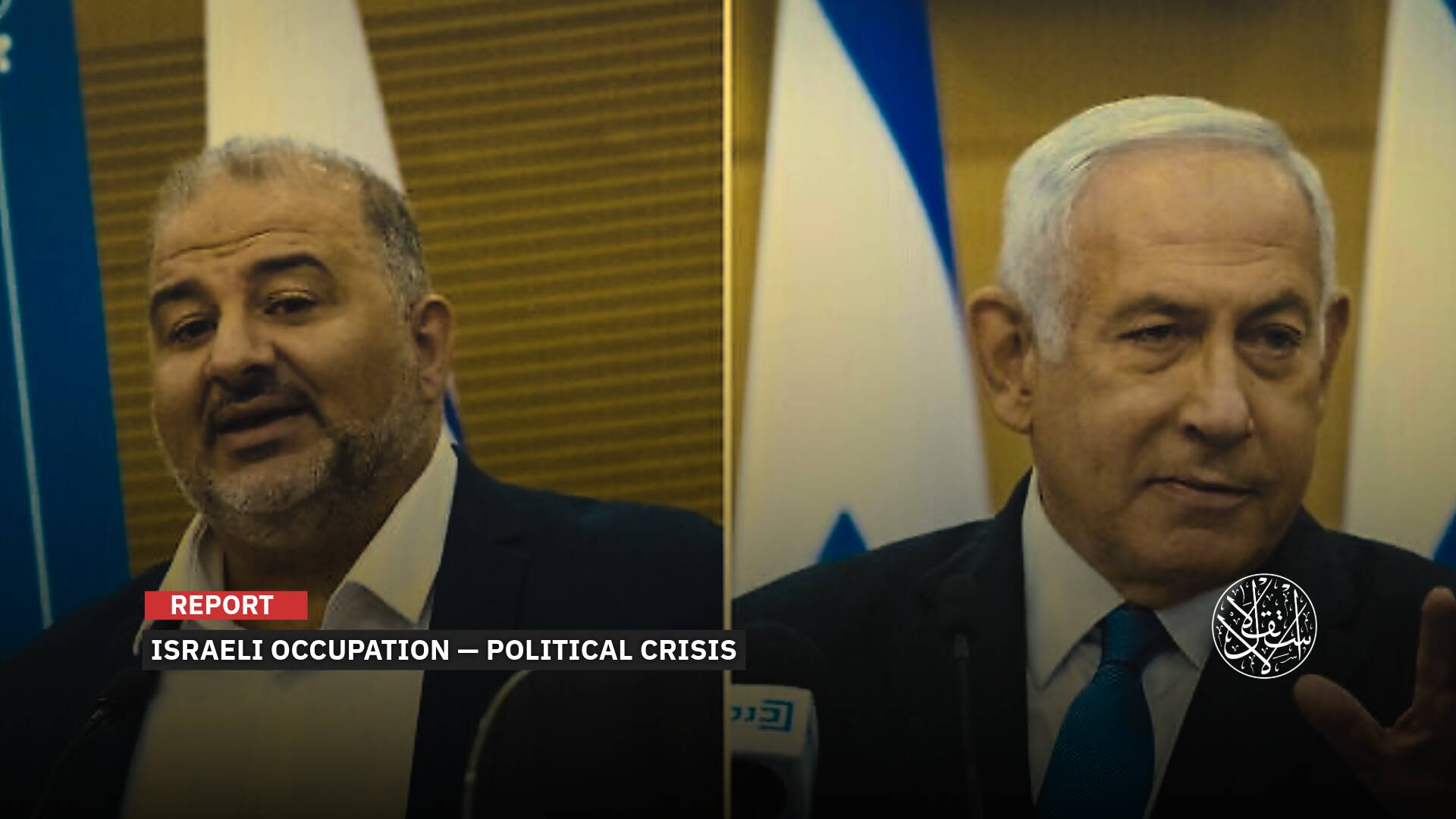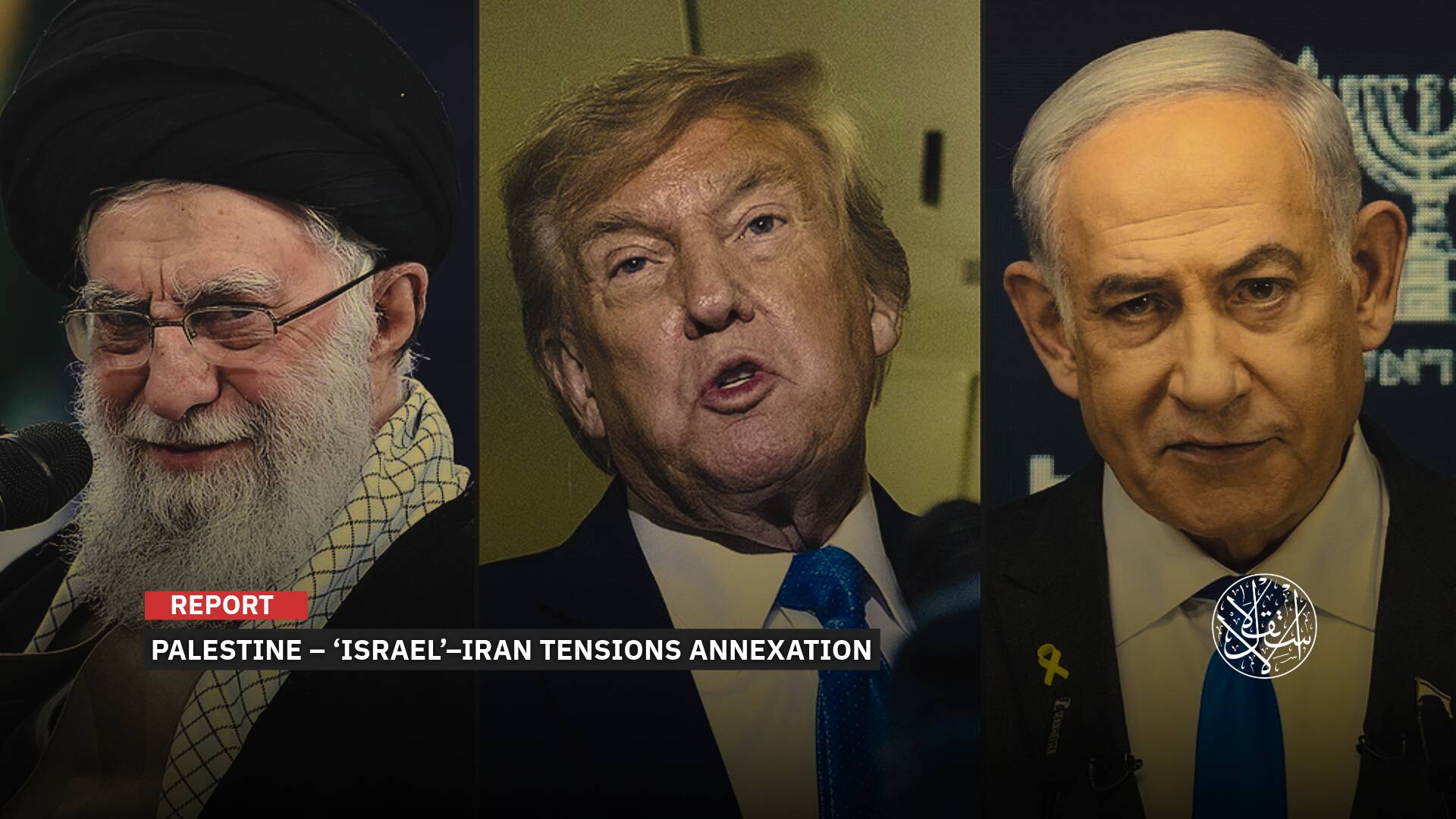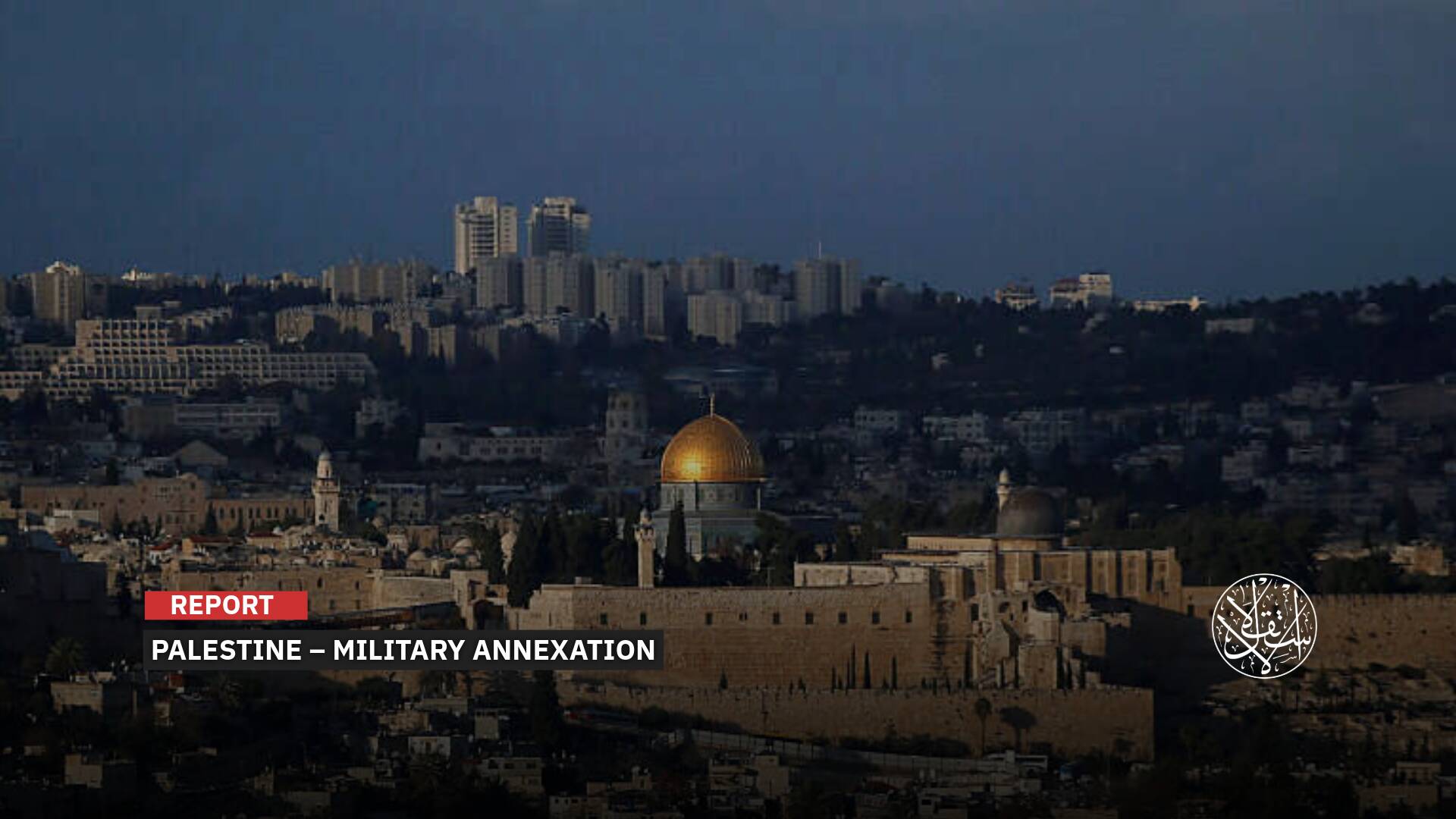Transferring Refugees to Rwanda: What Impact It Has on the Influx of the Persecuted Into Britain?

“No-return tickets.” This is what the British government's plan, headed by Boris Johnson, revealed on April 14, 2022, is to "get rid" of asylum seekers arriving in the country irregularly by transferring them to Rwanda, central Africa.
Refugees who have been lured into Britain, the cradle of democracy and Western values, suffer from the intransigence of Johnson's conservative government, particularly Home Secretary Priti Patel, known for her populist rhetoric against refugees, despite her Indian origins, which has consistently left widespread criticism of her policy.
Start of Implementation
Not long after the announcement, on April 15, 2022, the British government said that the first batch of asylum seekers would be flown to Rwanda from the UK within weeks.
According to the Home Office, the plan will initially focus on unmarried men crossing the English Channel in boats or trucks from France.
The shocking decisions followed the visit of British Home Secretary Priti Patel to Rwanda, where she signed a £120 million deal called the Migration and Economic Development Partnership, which includes the transfer of unmarried asylum seekers.
Under the agreement with Rwanda, migrants will be transferred out of the UK, more than 4,000 miles to the landlocked African country while awaiting asylum from the British Home Office.
Under the proposal, Rwanda was fully responsible for migrants, and if refugees succeeded in Rwanda they would have long-term housing there.
International media have reported for months that the UK is considering sending irregular refugees to African countries such as Ghana and Rwanda.
Especially since Johnson has promised that once he forms the government, he will control irregular immigration.

Condemnation and Warning
On January 4, 2022, the British news agency PA announced that at least 28,395 irregular migrants had arrived from France to England in 2021, on small boats, taking them across the Channel on a perilous journey, a record high, amid a political crisis between London and Paris over the issue.
Britain is seeking to control its borders and take unprecedented harsh action against irregular migrants, mainly transport to Rwanda.
The move was condemned and warned, even by officials within the state, such as the Permanent Secretary of the Home Office, Matthew Rycroft, who warned on April 18, 2022, of the move to send irregular migrants to Rwanda.
He did not believe that the Rwanda deal would reduce attempts to cross the English Channel towards the United Kingdom, adding that "there is uncertainty as to value for money."
In a strongly-worded statement, the Archbishop of Canterbury (southern England) Justin Welby said in his Easter sermon that "sending asylum seekers abroad raises serious ethical questions."
"The details are left for politics and politicians, but the principle must agree to our accountability before God to us, which is not," he said, adding that "assigning Britain's responsibilities even to a country that seeks to do good like Rwanda is contrary to God's teachings."
Anwar Solomon, director-general of the Refugee Council of Britain, said his organization was "stunned by the Government's decision" and described it as "abhorrent" and stressed that it "will not prevent refugees from coming to the UK."
At the same time, more than 160 associations in the UJ signed a petition supporting refugees and sent an open letter to the British Prime Minister, describing the plan as "ill-considered" and warning that it would cause "increased, not reduced, dangerous journeys."

Racist Minister
In response to the criticism, British Home Secretary Priti Patel said critics of the government's plan to send asylum seekers to Rwanda "have not provided solutions."
In a joint article with Rwandan Foreign Minister Vincent Perotta, published in The Times on April 18th, she claimed that they had proposed an innovative solution to counter the "deadly trade" of human smugglers.
The ministers predicted that the plan would give safety to people fleeing persecution and that British investment in Rwanda—£120 million—would help address the job shortages that drive economic migration.
Patel had issued a ministerial directive to pass the plan, which meant she would take responsibility for the policy, which opposition Labor MP Meg Hillier, chairman of the Public Accounting Committee, told the BBC was "highly unusual" at the Home Office.
On 24 July 2019, Patel became Britain's Home Secretary with a "history of racial incidents, persecution, and ill-treatment of staff and staff under her administration."
Her tenure at the Home Office is the worst for refugees in Britain in terms of tough laws and arbitrary procedures.
The British Supreme Court intervened on 3 June 2021 and summoned Minister Patel to redress asylum seekers for her decisions, when she decided to place them in former army camps, which turned out to be "not in humane conditions for living."
More seriously, the Minister has made no effort to consolidate the refugee status plan in remote, semi-isolated islands, until their asylum applications are decided, and the plan is to hire refugee reception centers on the British Crown Islands.
The next minister, basically from an immigrant background, is trying to block the door for every asylum seeker who arrives in Britain, whether regular or irregular.

Inhumane
Reading the scene, British-based political activist Tarek Mohamed said, "This is an immoral and inhumane process because it first dealt with refugees as invaders or groups of herd that could be placed in any possible barn until their applications were decided."
"How is it possible to move groups of people who have come in difficult circumstances and situations to another country thousands of kilometers away from Britain?" he said to Al-Estiklal.
"Refugees in Britain now suffer in the order of their situation, waiting in the camps, renewing the constant complaint of the length of waiting time with non-human conditions on the basics of living, and increasing their transfer to a distant African state, which takes them to an unknown fate," he said.
"Unfortunately, the Johnson government and Home Secretary Priti Patel are fully responsible for the deterioration and poor conditions of refugees by making their right-wing populist agenda an engine and a motive against tens of thousands of refugees, without considering the consequences of this, especially as the world is witnessing double standards and the division of refugees according to their basic home, religion, skin color, and language."
"All this is contrary to the Universal Declaration of Human Rights, which guarantees human beings the right to safety and life without regard to language, race, or religion," the political activist said.
"Right now, we are in front of a Ukrainian refugee with blond hair and white skin, and those are preferred to others, the Middle Eastern, Asian, and African refugees, all of whom are in low ranks and treated differently," he said.
"Human rights organizations must put the British government's methodology under consideration and control, prevent that dangerous plan from harming a wide range of people and killing the concept of justice and the right to a safe and dignified life," he said.

Just the Beginning
Ayman Adel, a British-based human rights lawyer, said the Johnson government's main project was to stop the flow of refugees in any way possible, which is a very sensitive issue in British society, especially since it is one of the main reasons for Brexit."
"On this basis, the government, specifically Foreign Secretary Priti Patel, who once aspired to be British Prime Minister and is known for her broad political ambition, as well as her racism towards refugees and Muslims, is narrowing them down in every way possible," he said.
"Putting forward the transfer of a number of refugees to Rwanda is a truly insane idea, more severe than mass segregation camps or apartheid fences for a group of people, which can be called "forced exile," because the act is identical to the term," Adel said.
"The seriousness of this process is that it has something behind it, and it will not stand on a limited group of informal refugees as described, unmarried, African and Asian, so that it begins with great selectivity for those groups, and then expands to include most of the refugees thereafter, and becomes the basis," he said.
"The most dangerous thing is that it will not only be the UNITED Kingdom, but will spread the idea to many European countries, which will take Britain as a model, conclude agreements with other African and remote countries, and transfer refugees to them, under mounting populist pressures, and increase the influence of the extreme right in Europe and the United States," the lawyer said.
Sources
- 'Money for human beings': Britain sends migrants to Rwanda [Arabic]
- Britain considers sending asylum seekers to Rwanda [Arabic]
- Asylum seekers: Britain sends first batch to Rwanda 'within weeks' [Arabic]
- More than 28,000 migrants crossed the Channel into Britain in 2021 [Arabic]
- Britain considers the number of illegal immigrants across the Channel 'unacceptable' [Arabic]
- Permanent Secretary at the Home Office warned Priti Patel about the Rwanda deal one day before it was completed [Arabic]
- Deportation of migrants from Britain to Rwanda. Harsh criticism and Danish welcome [Arabic]



